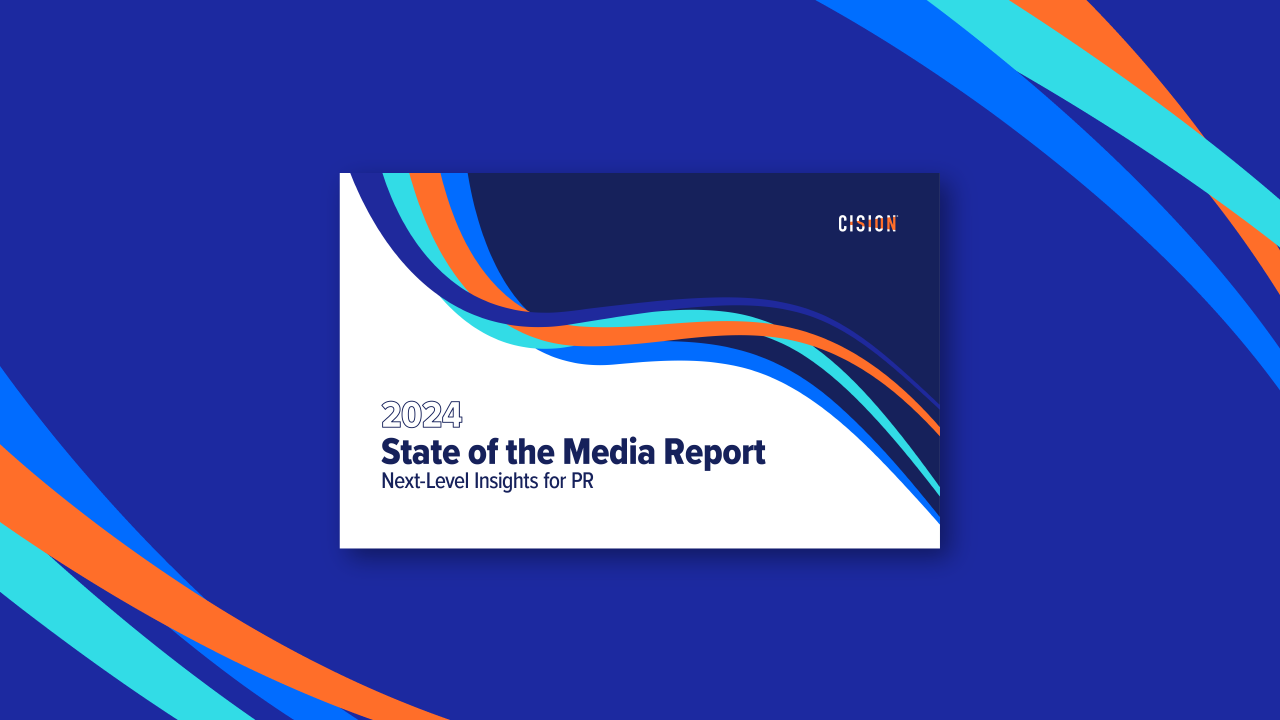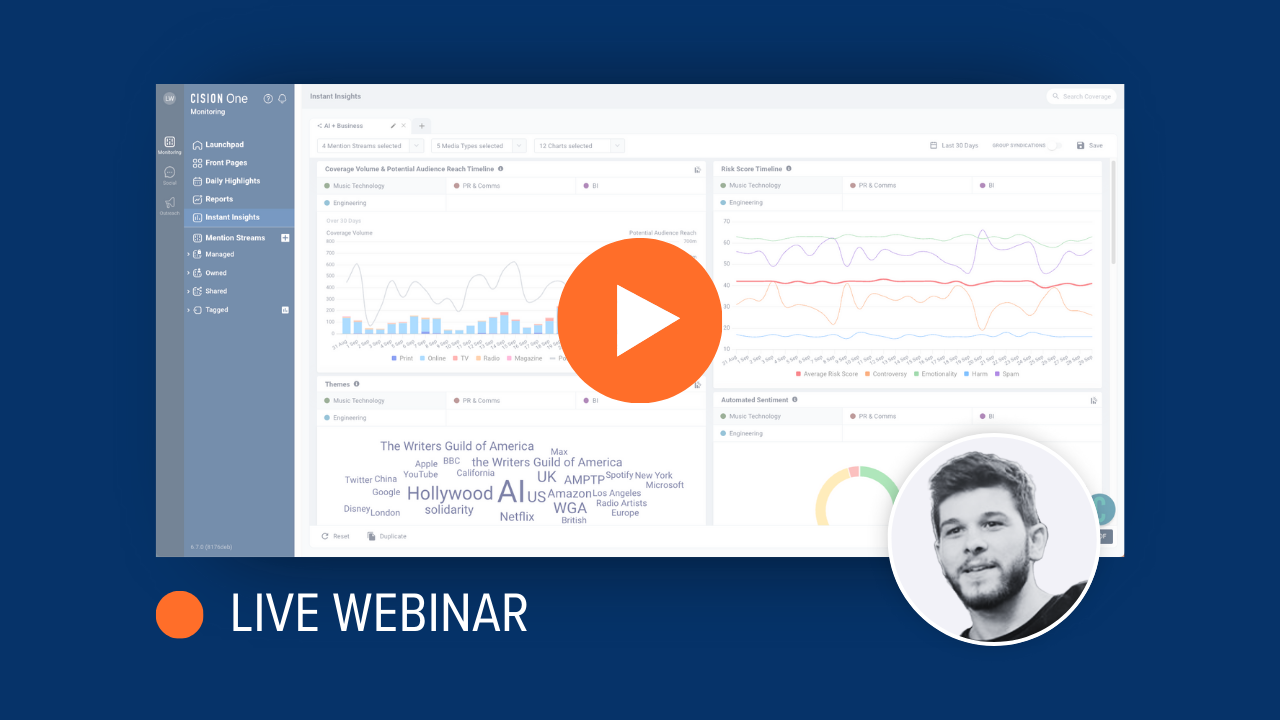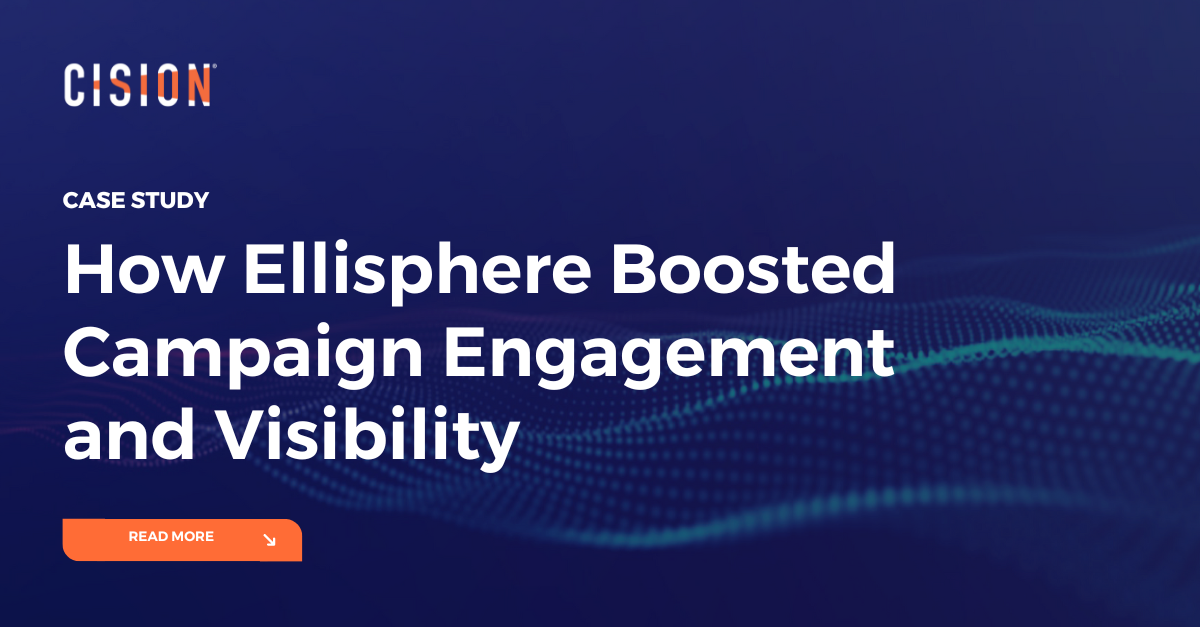We spoke to Adam Vaughan, Chief Reporter at the New Scientist magazine, about his career covering environment, climate change and technology. As well as talking about the state of the planet, he gives some pitching advice to PRs and some tips for any journalists interested in covering the environment beat. These are excerpts from the conversation:
On breaking into environment reporting after starting out in consumer tech:
“I just became more personally aware of environmental issues in my personal life … I realised that was what I wanted to be covering for my job.” To bridge the gap between beats, he “did as much freelance work and blogging on the side as [he] could”, before working at CBS and eventually getting his Guardian job as Deputy Environment Editor. “It was something that I was interested in personally so made the effort to be able to shift. Cover something you’re interested in, I think it tends to make you a better journalist!”
"Cover something you're interested in, I think it tends to make you a better journalist!"
On covering “the doomsday beat”:
When it comes to the environment, climate change and biodiversity, “the big picture is really bad, at a global level it is really bad. Yes, there are stories of hope: the odd stories of extinctions avoided, the odd incredible green energy story, [but] the overall picture is clearly quite negative.” He mentions that despite emissions going down under coronavirus restrictions, a 5% increase is predicted this year.
Alongside this reality, last year Adam launched the newsletter Fix the Planet, on “reasons for hope on climate change, from the worlds of science and technology.” He says it “was designed as an antidote to that endless drumbeat. I know from my previous work at The Guardian, looking at traffic, [that] people do read good news environment and climate stories - there is an appetite for it.” He adds that he gets “dozens of emails a week from people saying it’s just great to hear something positive.”
He talks about the balance when covering environmental solutions and “not [being] too boosterish. A lot of these solutions come from private companies that have got a very vested interest in raising capital.” He says you have to consider the potential scale of reduction in carbon emissions, whether the technology is ever going to “get cheap enough to be widely deployed,” and if technology in the research phase is even going to work.
For the future of Fix the Planet he would like to “cast [his] net a bit wider” and get technology stories from New Scientist contributors around the world.
"... don’t let anyone deter you by telling you it’s going to be hard. It’s not like this story is going to go away, it’s only going to get more urgent"
Advice to aspiring journalists:
“My advice to earlier-career journalists looking to get into environment journalism is don’t let anyone deter you by telling you it’s going to be hard. It’s not like this story is going to go away, it’s only going to get more urgent - it’s clearly in the ascendant at the moment.” He adds that “even if there are ebbs and flows the longer-term trend is just going to be more and more interest … it’s going to affect all our lives in one way or another.”
He recommends approaching specialist titles such as Business Green and Climate Home: “there are loads and loads of specialist, dedicated titles… great places, if not to get your first staff job, but to try and pitch freelance and get some bylines and cuttings going.”
Additionally, “national papers and magazines [are] covering this subject … they seem to be hiring more dedicated correspondents.” He adds that “increasingly the awareness and knowledge of this subject is trickling through to other beats - even if you don’t end up becoming an environmental correspondent,” the knowledge will transfer to other areas. “It’s going to affect all parts of life and other journalism beats too.”
On the environmental impact of personal choices:
“Clearly personal choices do matter … it’s often framed as this false idea that you can’t have collective action and individual action, and obviously you need to have both. One of the obvious ways for people living in England, Scotland and Wales is the local elections at the start of May - that’s an obvious way that people as an individual can have a wider impact.”
On the behaviour changes which will get us to net zero:
“Most of the carbon emissions cuts in the UK have so far come from the energy sector,” which is “something that largely happens out of sight.” To reach net zero, two-thirds of future policies will “involve behaviour changes of some sort,” and that this involves the “thorny areas of transport, the homes we live in, the foods we eat.”
Should we be reducing meat and dairy consumption?
Adam explains that it’s “early doors,” when it comes to diet advice, but according to the climate commission, “people will need to eat less meat and dairy by 2050 if we’re going to get to our climate targets.”
“The wider point on diet is that a lot of the changes are happening anyway in terms of more plant-based diets.” The question is “whether or not government it feels like it needs to get involved in that conversation. They’re not going want to, because it’s a bit toxic… but they might have to at some point.”
Advice to PRs:
“Just know who you’re pitching to … pick up the print edition, read the website, listen to the podcast, read some of the newsletters we’re doing. It’s a mix of news, analysis, features. Usually it’s not the peg or the hook which is super important.” Before pitching, PRs should ask “is this something which is important or novel or interesting in some way? … Look at the slots that there are, the comment columns and other places that we have. Have a think about where something is potentially going to fit. We are a science mag but we are interested in areas around that, from economics to technology to politics - but obviously science is the core focus.”
Finally, he adds, “get in touch! I don’t mind getting as many emails as people want to send, and then follow up calls if I don’t answer. I’m certainly very open and keen to hear from people… just have a sense of who you’re pitching to… there are some very very good PRs and I rely on them for my work.”
On using terms like “climate crisis” and “climate emergency”
As some peer titles like the Scientific American adopt the terms like climate emergency and crisis in their coverage, at the New Scientist they are discussing the issue internally: “We haven’t made a formal decision - I’ve tended to avoid using that sort of language in news reporting … I have used that sort of language in comment because I feel like that’s appropriate. That’s not to say that we won’t sort of shift in our straighter reporting... we need to make a conscious decision to do so.”
“At the New Scientist we’re thinking about what we do around language and that there clearly has been a shift in the wider media and public discourse - I think that’s to be welcomed … as attitudes shift in society the media should shift with them.”
And finally…
“It’s a great time to be reporting on climate change, despite COVID.” From the IPCC report to COP26, “there’s just lots of great stories to go out, which is what journalists live for right? It’s an exciting time to be covering climate change.”
Find contacts in the media: learn more about Cision Connect to improve your earned media outreach, build better relationships with the media, and secure more coverage
Most Recent Posts
Cision Resources
-
E-books and Guides
Comprehensive how-to guides on strategy and tactics
-
Case Studies
What are other brands doing – and how can we learn from them?
About Natalie Beale
Natalie is Cision UK's Senior Content Editor, based in London. She manages the UK Media Moves newsletters, which showcase the latest journalist news and moves, as well as highlighting industry events and awards.
Learn More. Do More. demo new
PR Tips, Case Studies, and Product Updates

The 2024 State of the Media Report
This year, we surveyed 3,000 journalists globally to uncover their main challenges, such as changing audience behaviours, industry downsizing, and AI's rapid growth. We explore how these challenges affect media relations teams and the opportunities...

[On-Demand Webinar] The Next Generation of Media Intelligence: From Gorkana to CisionOne
Explore CisionOne, a revolutionary media intelligence platform, and the evolution of Gorkana. Learn key features and strategies from Luke Williams, CisionOne Product Marketing Manager. Elevate your media outreach to new heights!

How Ellisphere Boosted Campaign Engagement and Visibility
Find out how Ellisphere increased engagement on their campaign content by up to 48% using our Multichannel News Releases and Guaranteed Paid Placement.
